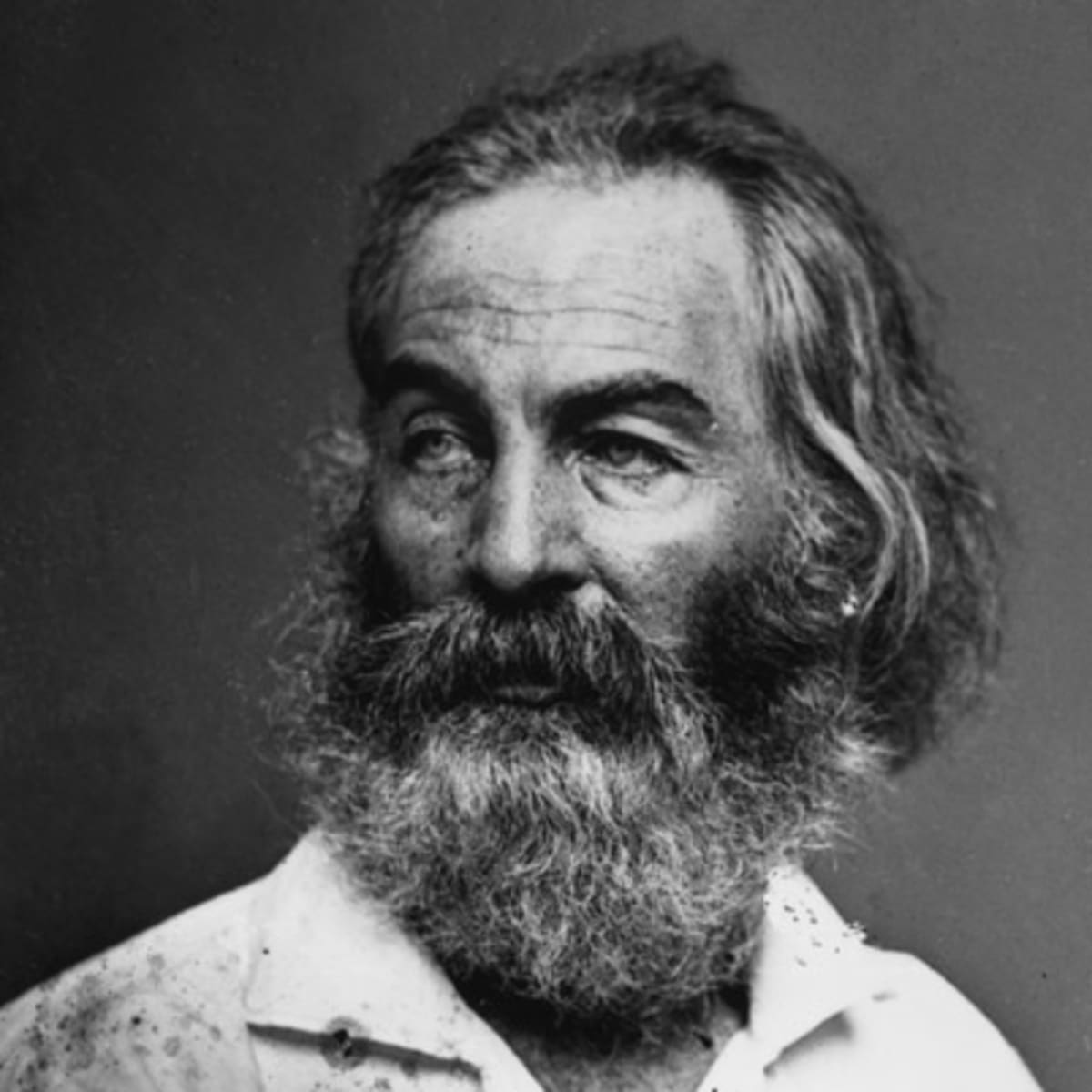Afoot and light-hearted I take to the open road,
Healthy, free, the world before me,
The long brown path before me leading wherever I choose.
Henceforth I ask not good-fortune, I myself am good-fortune,
Henceforth I whimper no more, postpone no more, need nothing,
Done with indoor complaints, libraries, querulous criticisms,
Strong and content I travel the open road.
Published:
1891
Length:
Shorty
Literary Movements:
Transcendentalism
Anthology Years:
2024
Themes:
Strength & Resilience
Literary Devices:
Asyndeton
the absence of a conjunction (for, and, nor, but, or, yet, so…) between phrases and within a sentence
Internal Rhyme
A rhyme involving a word in the middle of a line and another at the end of the line or in the middle of the next.
Metaphor
a comparison between two unrelated things through a shared characteristic

